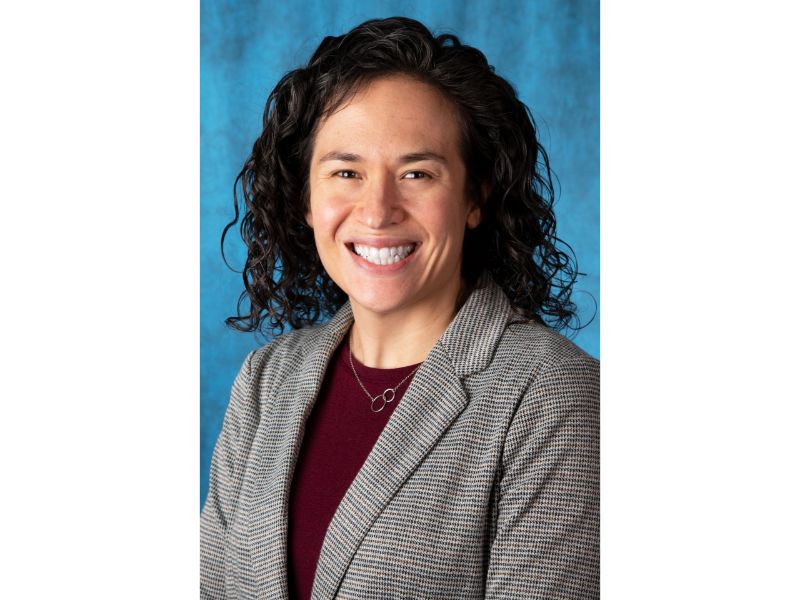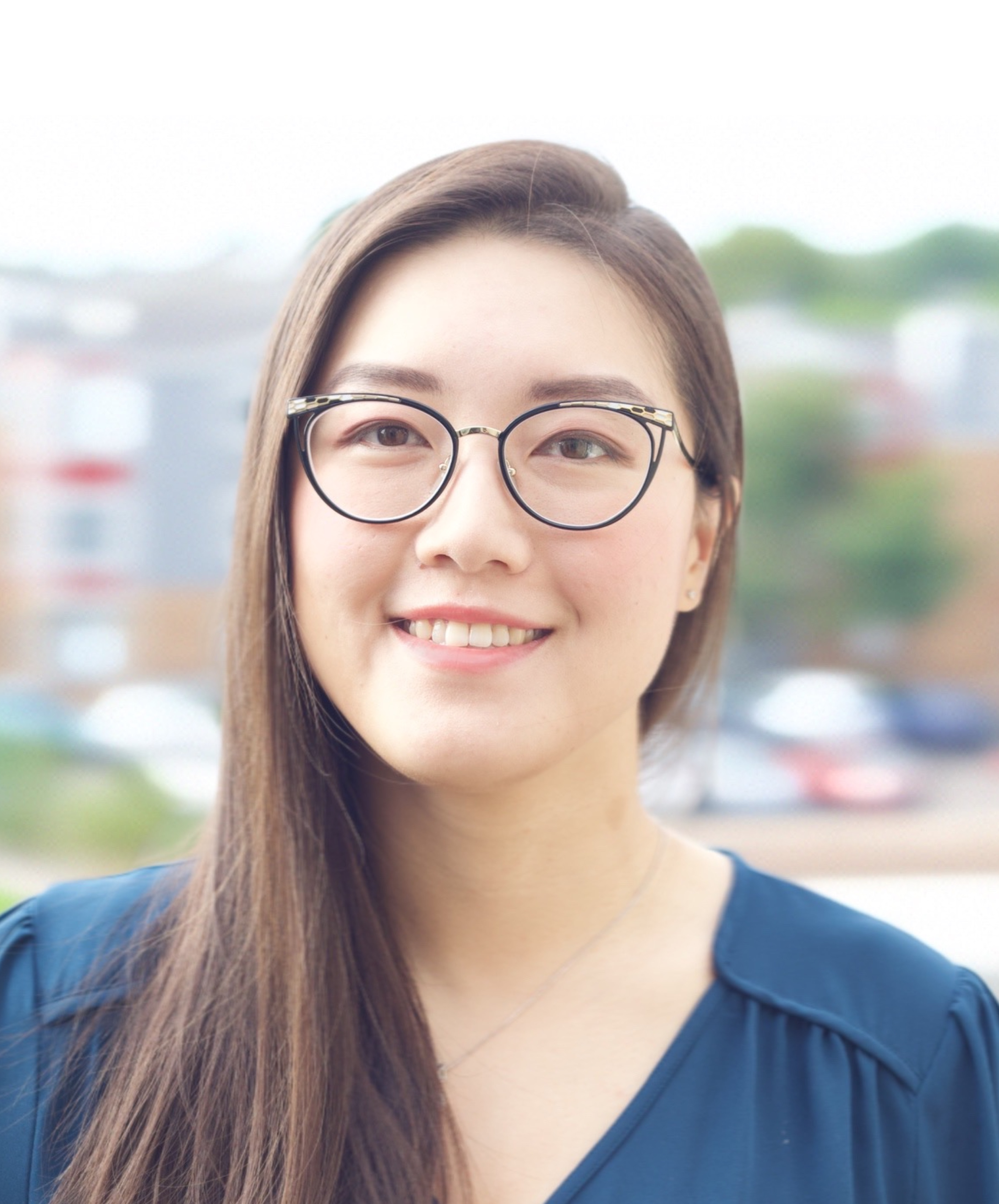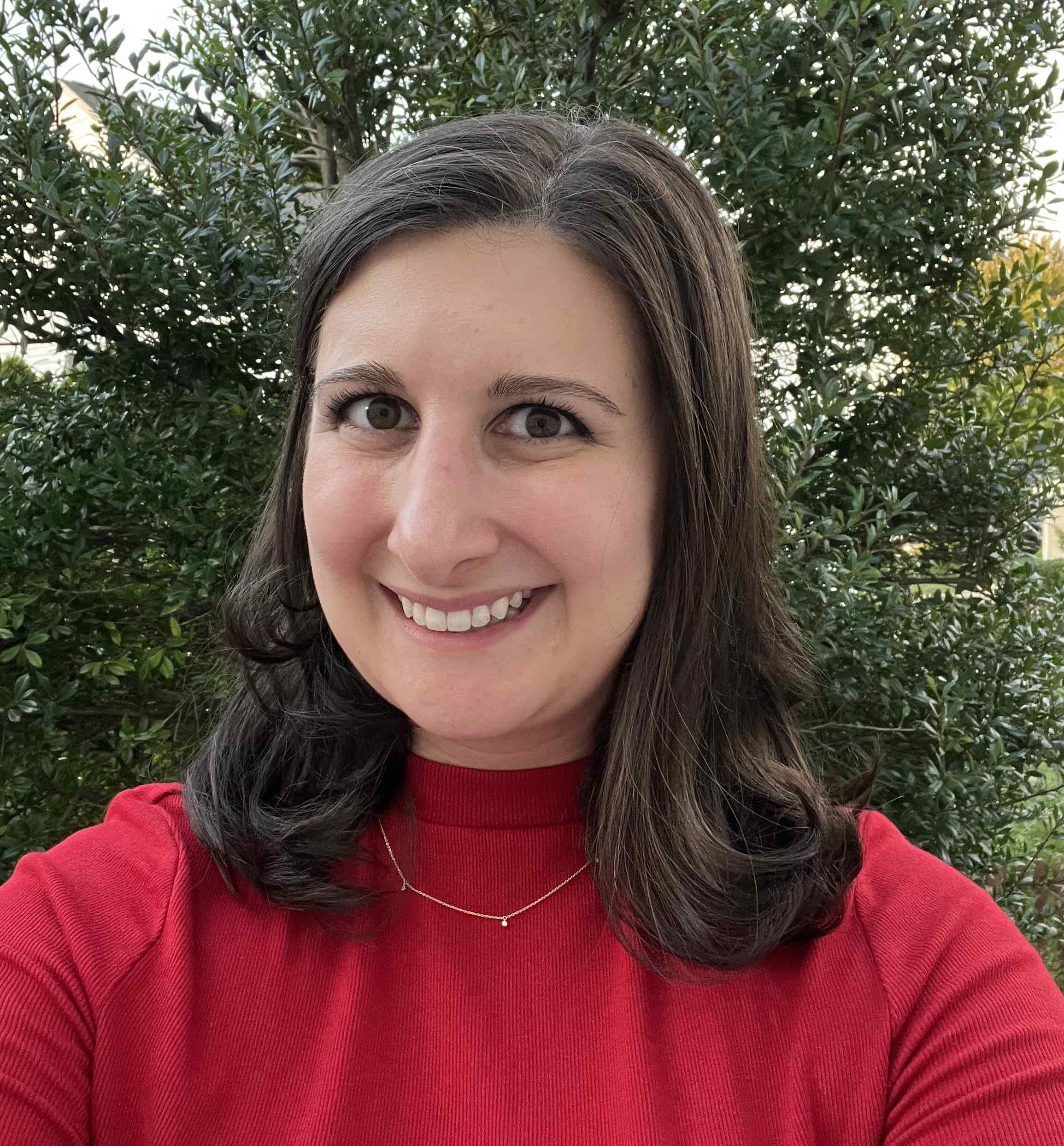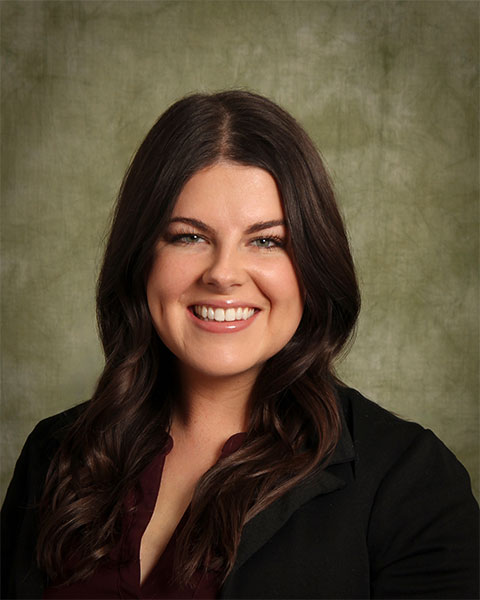Couples / Close Relationships
Symposium 116 - Love among the margins: A critical examination of individual and relationship functioning within traditionally under-represented couples
Level of Familiarity: Basic to moderate
Recommended Readings: Sarno, E. L., Dyar, C., Newcomb, M. E., & Whitton, S. W. (2022). Relationship quality and mental health among sexual and gender minorities. Journal of Family Psychology, 36(5), 770–779. https://doi.org/10.1037/fam0000944, Johnson, M. D., Stanley, S. M., & Rhoades, G. K. (2023). Does income moderate basic relationship processes? Journal of Marriage and Family, 85(1), 72-91. https://doi.org/jomf.12877, Whisman, M. A., Sbarra, D. A., & Beach, S. R. (2021). Intimate relationships and depression: Searching for causation in the sea of association. Annual Review of Clinical Psychology, 17, 233-258., Frost, D. M., LeBlanc, A. J., de Vries, B., Alston-Stepnitz, E., Stephenson, R., & Woodyatt, C. (2017). Couple-level minority stress: An examination of same-sex couples’ unique experiences. Journal of Health and Social Behavior, 58(4), 455-472., Vencill, J. A., Carlson, S., Iantaffi, A., & Miner, M. (2018). Mental health, relationships, and sex: Exploring patterns among bisexual individuals in mixed orientation relationships. Sexual and Relationship Therapy, 33(1-2), 14-33.
-
AW
Alexandra Wojda-Burlij, M.A. (she/her/hers)
Psychology Doctoral Intern
Durham VA Medical Center
Durham, North Carolina, United States -

Shelby Scott, Ph.D.
Assistant Professor
The University of Texas at San Antonio
San Antonio, Texas, United States -
MF
Melanie Fischer, Ph.D. (she/her/hers)
Assistant Professor
University of Marburg, Germany
Marburg, Hessen, Germany -
AW
Alexandra Wojda-Burlij, M.A. (she/her/hers)
Psychology Doctoral Intern
Durham VA Medical Center
Durham, North Carolina, United States -

Yunying (Annie) Le, Ph.D. (she/her/hers)
Research Assistant Professor
University of Denver
Denver, Colorado, United States -

Alexandra Long, M.A. (she/her/hers)
PhD Candidate in Clinical Psychology
American University
Washington, District of Columbia, United States -

Melissa Gates, M.S. (she/her/hers)
Doctoral Student
Binghamton University
SUNY Binghamton
Vestal, New York, United States
Chair(s)
Discussant(s)
Presenter(s)
Within the past decade, there has been growing attention within relationship science to groups traditionally under-represented in research and clinical services. This work contends that couples with marginalized identities – across race, gender, sexual orientation, socioeconomic status, and geographical location – face undue external stress, and in turn, have increased risk of psychopathology and poor relationship outcomes. In response, several investigators have tailored relationship-based services for various groups (e.g., Barton et al., 2018; Doss et al., 2020; Pentel et al., 2021). A core question often is asked in designing these interventions: Which pieces of existing evidence-based couple therapies should be adapted to attend to the needs of specific marginalized groups? Must existing interventions be discarded, or are there facets that retain utility when working with these couples? Answering these questions requires further research that assesses the degree to which ostensibly universal couple processes apply to different marginalized communities. It also requires additional work to address the meaningful within-group diversity of these communities.
Because the field is early in the process of addressing these questions (Randall et al., 2023), the current symposium meets this need by assembling presentations that examine (a) the applicability of ostensibly universal aspects of couple functioning and (b) critical within-group heterogeneity among traditionally under-represented couples. Collectively, these talks offer insight into the degree to which our current knowledge about individual and relationship functioning—and in turn, existing couple therapies—can be generalized and extended across populations. Three talks address ostensibly universal couple processes. Presenter 1 discusses findings from a 13-year longitudinal study showing that relationship satisfaction is linked with depression, perceived stress, and life satisfaction among adults in same-gender relationships. Presenter 2 then reports data that question whether associations among relationship satisfaction, contextual stressors (e.g., financial strain), and individual vulnerabilities (e.g., subjective social status) differ among low- and higher-income couples. Third, Presenter 3 discusses findings that show perinatal relationship happiness is associated with lower depressive symptoms over one year among low-income, racially diverse couples. Our two remaining talks address within-group heterogeneity. Presenter 4 presents data highlighting the importance of bi-specific minority stress and partner sexual identity for couple resilience among plurisexual (i.e., bi+) women. Presenter 5 addresses themes from semi-structured interviews with help-seeking sexual minority couples in rural communities; their findings underscore the impact of sexual minority relationship invalidation and concealment in rural spaces. Ultimately, the discussant, a leading expert on culturally-informed healthcare for marginalized couples, will describe the ways in which these studies inform how relationship science can continue its aim of broadening inclusivity in basic and treatment research.
Learning Objectives:
- Identify which relationship processes may be similar or different among groups of marginalized couples
- Describe the bidirectional link between mental health symptoms and relationship satisfaction among marginalized couples
- Identify 1-2 factors contributing to individual and relationship resilience among economically diverse or sexual minority couples
- Describe 1 way in which existing couple therapies can be adapted to meet the needs of sexual minority, low-income, and/or rural couples
- Describe 1 universal aspect of existing couple therapy that can be integrated into culturally-affirming treatments for marginalized couples
Presentations:
-
8:30 AM - 10:00 AM EST(SYM 116) Within-person Associations of Relationship Satisfaction and Mental Health of Individuals in Same-gender Relationships: Results from a 13-year Panel Survey
Speaker: Melanie S. Fischer, Ph.D. (she/her/hers) – University of Marburg, Germany
Co-author: Anne Vogel, M.Sc. (she/her/hers) – University of Marburg
-
8:30 AM - 10:00 AM EST(SYM 116) Income as a Moderator of Relationship Satisfaction Among Couples: A Replication and Extension
Speaker: Alexandra K. Wojda-Burlij, M.A. (she/her/hers) – Durham VA Medical Center
Co-author: Donald Baucom, Ph.D. – UNC Chapel Hill
-
8:30 AM - 10:00 AM EST(SYM 116) Prospective Associations of Prenatal Relationship Happiness and Postpartum Depression Among At-risk Low-income Couples
Speaker: Yunying (Annie) Le, Ph.D. (she/her/hers) – University of Denver
Co-author: Daphne Liu, Ph.D. (she/her/hers) – University of Denver
Co-author: Galena Rhoades, Ph.D. (she/her/hers) – University of Denver
Co-author: Scott M. Stanley, Ph.D. (he/him/his) – University of Denver
-
8:30 AM - 10:00 AM EST(SYM 116) The Roles of Minority Stress, Identity, and Coping in Relationship Functioning Among Bi+ Women
Speaker: Alexandra D. Long, M.A. (she/her/hers) – American University
-
8:30 AM - 10:00 AM EST(SYM 116) What About Our Rural Communities? A Qualitative Approach to Understanding the Unique Impact of Minority Stressors and Relationship Help-seeking Behaviors on Health Outcomes Among LGB+ Community Couples
Speaker: Melissa V. Gates, M.S. (she/her/hers) – Binghamton University
Co-author: Melissa V. Gates, M.S. (she/her/hers) – Binghamton University
Co-author: Sarah Young, PhD (she/her/hers) – Weill Cornell Medicine
Co-author: Richard Mattson, PhD – Binghamton University (SUNY)
Co-author: Sean Massey, PhD – Binghamton University (SUNY)
Co-author: Christina M. Balderrama-Durbin, Ph.D. (she/her/hers) – Binghamton University

.png)
